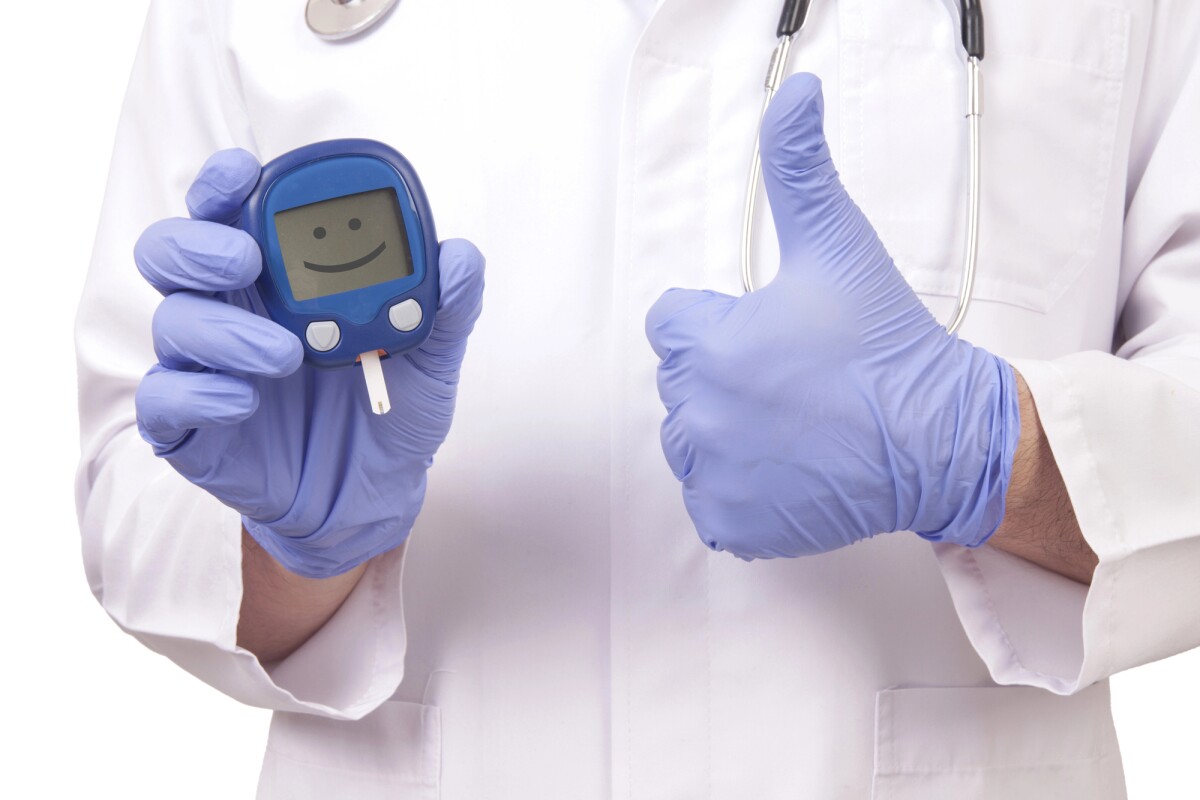
They actually did it. We have a road forward through decades of dead ends. There are plenty of issues around diabetes ,but it all starts with healing insulin production.
Stopping things after the damage is a proven poor strategy.
this is really good news.
Diabetes-reversing drug boosts insulin-producing cells by 700%
July 14, 2024
Scientists have demonstrated a new drug combo that regenerates insulin-producing cells, effectively reversing diabetes in tests in mice
https://newatlas.com/medical/diabetes-reversing-drug-boosts-insulin-producing-cells/
People living with diabetes might have a new hope. Scientists have tested a new drug therapy in diabetic mice, and found that it boosted insulin-producing cells by 700% over three months, effectively reversing their disease.
Beta cells in the pancreas have the important job of producing insulin in response to blood sugar levels, but a hallmark of diabetes is that these cells are either destroyed or can’t produce enough insulin. The most common treatment is regular injections of insulin to manage blood sugar levels.
But a recent avenue of research has involved restoring the function of these beta cells. In some cases that’s started with stem cells being coaxed into new beta cells, which are then transplanted into patients with diabetes. Researchers behind this kind of work have described it as a “functional diabetes cure.”
Now, scientists at Mount Sinai and City of Hope have demonstrated a new breakthrough. Previous studies have mostly involved growing new beta cells in a lab dish, then transplanting them into mice or a small device in humans. But this new study has been able to grow the insulin-producing cells right there in the body, in a matter of months.
The therapy involved a combination of two drugs: one is harmine, a natural molecule found in certain plants, which works to inhibit an enzyme called DYRK1A found in beta cells. The second is a GLP1 receptor agonist. The latter is a class of diabetes drug that includes Ozempic, which is gaining attention lately for its side effect of weight loss.
The researchers tested the therapy in mouse models of type 1 and 2 diabetes. First they implanted a small amount of human beta cells into the mice, then treated them with harmine and GLP1 receptor agonists. Sure enough, the beta cells increased in number by 700% within three months of the treatment. The signs of the disease quickly reversed, and stayed that way even a month after stopping the treatment.
“This is the first time scientists have developed a drug treatment that is proven to increase adult human beta cell numbers in vivo,” said Dr. Adolfo Garcia-Ocaña, corresponding author of the study. “This research brings hope for the use of future regenerative therapies to potentially treat the hundreds of millions of people with diabetes.”
The results are intriguing, but of course being an animal study means there’s still much more work to be done before it could find clinical use. So far, harmine alone has recently undergone a phase 1 clinical trial in humans to test its safety and tolerability, while other DYRK1A inhibitors are planned for trials in humans next year.
Perhaps most importantly, the team will soon experiment with combining beta-cell-regenerating drugs with others that modulate the immune system. Ideally this should help overcome a major hurdle: the immune system will continue attacking new beta cells as they’re produced.
No comments:
Post a Comment